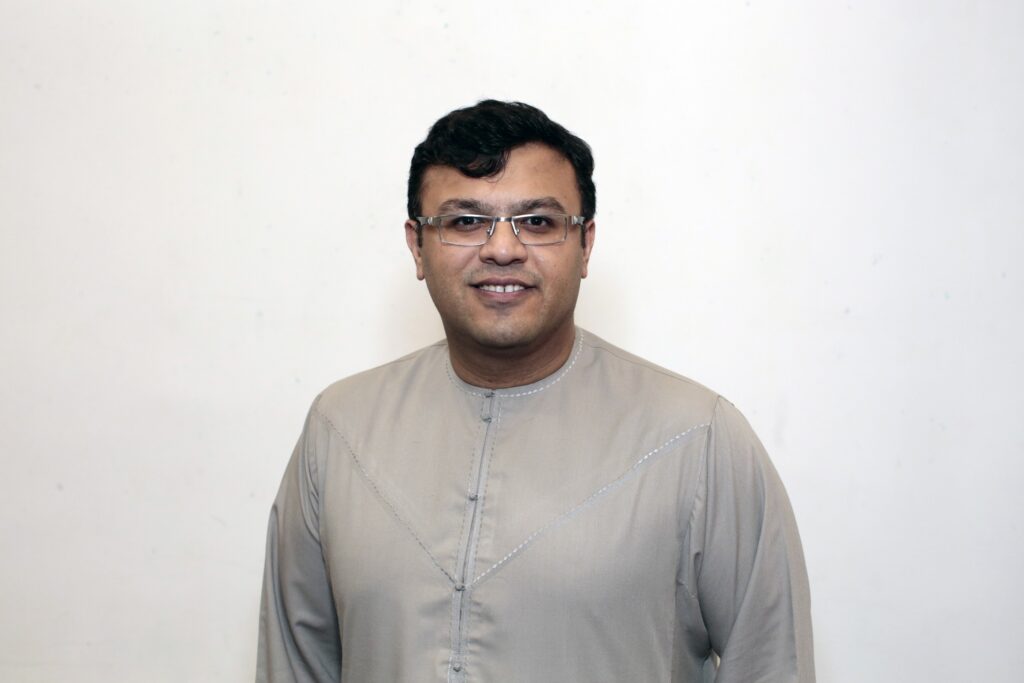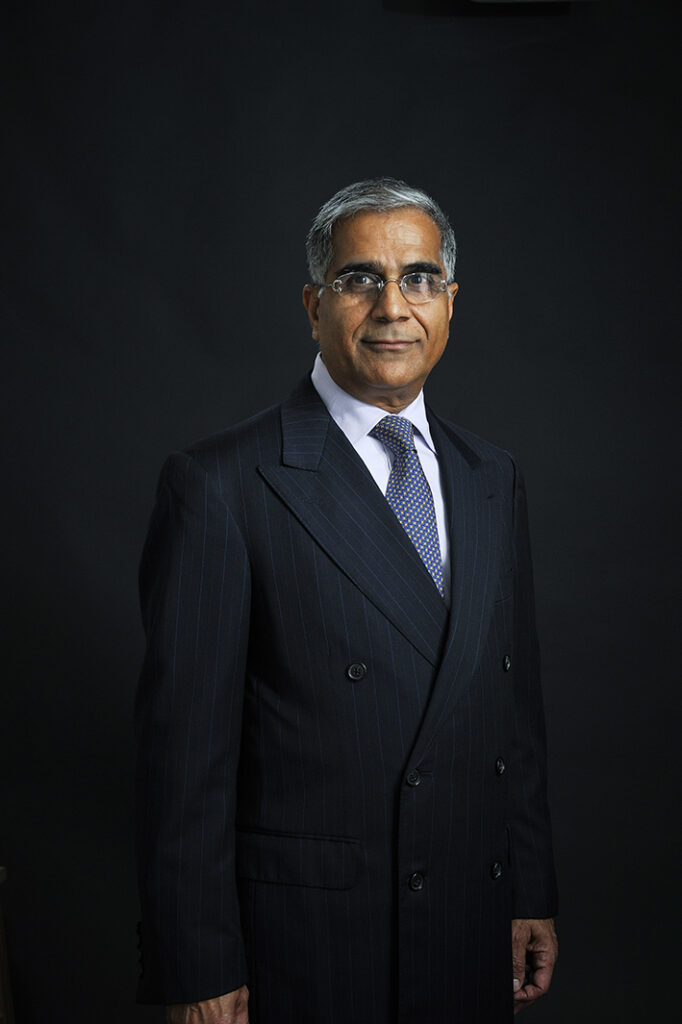
The COVID-19 pandemic has brought to the forefront the truth of just how important it is for individuals to have comprehensive health insurance coverage. Expats in the UAE use the private system of healthcare, with employers and sponsors taking on the responsibility of providing health insurance to employees, and family members. This health insurance coverage is often determined by several factors including the employee’s salary and designation, the employer’s budget and benefits categorization. The cost of medical insurance is based on the type of policy and benefits provided under it.

“As per the health insurance law in the UAE, it is mandatory for businesses to insure all employees without any salary deduction to mitigate the cost of insurance,” says Ramzi Ghurani, Managing Partner at Petra Insurance Brokers. “As part of the mandatory requirement, the Essential Benefits Plans (EBP) were issued under which the premium ranges from AED 525 to AED 750 per year depending on the salary of the individuals with the total annual limit coverage of AED 150,000 along with coverage of maternity and pre-existing conditions. Although in Northern Emirates health insurance is not mandatory. The employers can offer them the DHA compliant plans. Abu Dhabi on the other hand is controlled by a different regulator known as the Health Authority of Abu Dhabi (HAAD) and had mandated insurance in the year 2005 under which Abu Dhabi basic plan is offered to expatriate workers with a visa issued in Abu Dhabi.”
However, countless individuals and their families have been left without health cover owing to the COVID-19 induced job losses and salary cuts. The high cost of medical treatment, especially in the case of an emergency or critical illness is certainly an unbearable blow to those without health insurance. The cost of buying health insurance for themselves and their families adds to their financial burden. However, experts maintain that despite financial burdens, individuals must consider buying at least basic health insurance cover to avoid unexpected health issues that could mount to thousands of dirhams in medical bills.

“The purpose of health insurance is simple: to protect your pocket from unexpected healthcare bills,” says Dr Sanjay Tolani, MD & CEO, Goodwill World. “It is easy to sustain small bills, but when healthcare bills mount up it can break the financial bank for even the most financial stable families and therefore almost all developed economies have very clear guidelines on health care protection either as a part of the social security or part of employee benefits. A healthy economy is a growing and productive economy. As an expat, it becomes even more essential as you are away from your home country and may not have the family and support system around you to help you recover from the health issues, which makes having health insurance even more important.”

Neeraj Gupta, CEO, Policybazaar UAE maintains that mandatory health insurance in Abu Dhabi and Dubai have ensured essential coverage at an affordable price. Furthermore, in these tough times of pandemic his company recommends that customers get health cover plan with higher sum insured.
Gupta recommend that individuals must consider a few critical factors while buying a health insurance plan. “Firstly, we advise that individuals invest in a health insurance policy as early as possible because the earlier you purchase, you will have to pay the lesser premium, and can avail of better coverage. Followed by this, we advise that individuals answer all the medical questions truthfully and declare if they are suffering from any ailments. This is critical so as to ensure that they do not face any trouble at the time of a claim settlement. Lastly, they must check that the sum assured should be enough to take care of themselves and their family’s medical needs.”

The pandemic has led to individuals looking for more comprehensive and substantial coverage. The crisis has put health front and centre in everyone’s minds, and people are more conscious of the specific details of the plans they choose. Every insurance provider has different plans at different prices. The more the coverage in terms of healthcare facilities, hospitals and treatments covered, the higher the premium per person.
Ashok Sardana, Founder and Managing Director of insurance intermediary and financial services solutions provider Continental Group says that the current focus, of health insurance in the UAE, is for providers to make comprehensive health insurance accessible to the largest number of individuals, cutting across financial background, age, health conditions, requirements, and priorities.
Insurance packages have not been changed drastically since the COVID-19 pandemic took hold. All Dubai visa holders holding a DHA compliant policy are now eligible for free treatment if tested COVID positive. However, it is important to know that the treatments will only be covered up to the individual policy annual aggregate limit.
”Various health insurance providers supported consumers who were/are facing challenges on multiple fronts like job loss, health issues, and other impacts from the pandemic. In Dubai and Northern Emirates Covid-19 related claims cost were borne by insurance companies and in Abu Dhabi this was managed by government,” adds Gupta.
So, has the pandemic encouraged health insurance providers to deliver affordable yet comprehensive health insurance options? Or has it given rise to even higher premiums?
According to Sardana, costs associated with health cover, and healthcare in general, have not really skyrocketed in the UAE, compared to some other parts of the world. “We are likely to see slight inflation, in the immediate future. There’s a general wait-and-watch attitude to the possibility of future variants of Covid-19, among both health professionals, and the general population. I believe the holistic approach to health, which has taken hold in the aftermath of the pandemic, will be reflected in the plans people prefer, and there will also be a focus on mental health and stress-related challenges.”
As the COVID-19 pandemic sweeps across the globe with its different variants, it continues to induce a considerable degree of anxiety, fear and concern among certain groups in particular, such as the elderly, care providers and people with underlying health conditions. The mental and emotional well-being impacts of COVID-19, which represent the ‘second curve’ of this pandemic, are likely to stay with us for some time, as people grapple with change and uncertainty in both their workplaces and at home.
“It is vital that we and other businesses take proactive steps to address this. We need to move from a sick care model, for both physical and mental health, to a well-care model where we offer people access to the tools and resources to lead healthier, happier lives,” said David Healy, CEO EMEA, Aetna International. “For our part, we are committed to ensuring that mental health is valued and prioritised in the same way as physical health. To this end, in 2021, we will continue to focus on tackling mental health together, both internally with our employees as well as externally with our customers and members. We want to ensure everyone has access to the care and help they need, which is why we have made several enhancements to our products to help meet the short- and long-term mental health needs of our members, no matter where they live.”
Top Tips for buying health insurance
- Always read through the terms and conditions, every insurance policy has conditions which is not covered. Always read the exclusions first before you read the benefits.
- Remember as you age, the cost of insurance will also increase. Include this while budgeting for insurance.
- Always buy a top up insurance over and above what is provided by your employers as when you are between jobs or migrating to another country or back home you might not be able to find an insurer to cover you for that period, and a lot of job losses are related to health reasons which means you will probably not even be insurable.
- Check the annual aggregate limit and the geographical scope of cover. If you’re specifically looking for Dental, Optical or Alternative benefits, make sure you check the table of benefits as the benefits are not standard across all the plans.
- Seek a medical insurance advisor like a broker who can provide you with plenty of different options and can recommend you a plan that would suit you.
- Be transparent with your broker/insurance company and declare if you have any pre-existing condition in order to avoid claim rejection. Make sure you review the network list under your policy




